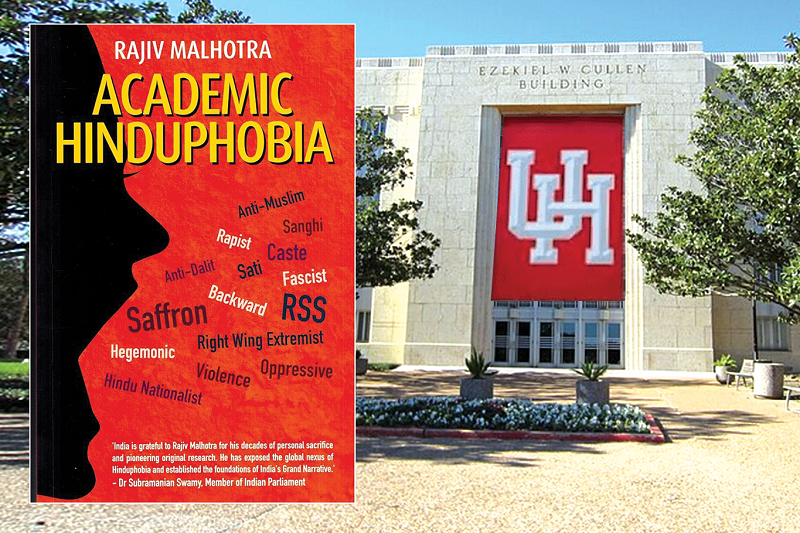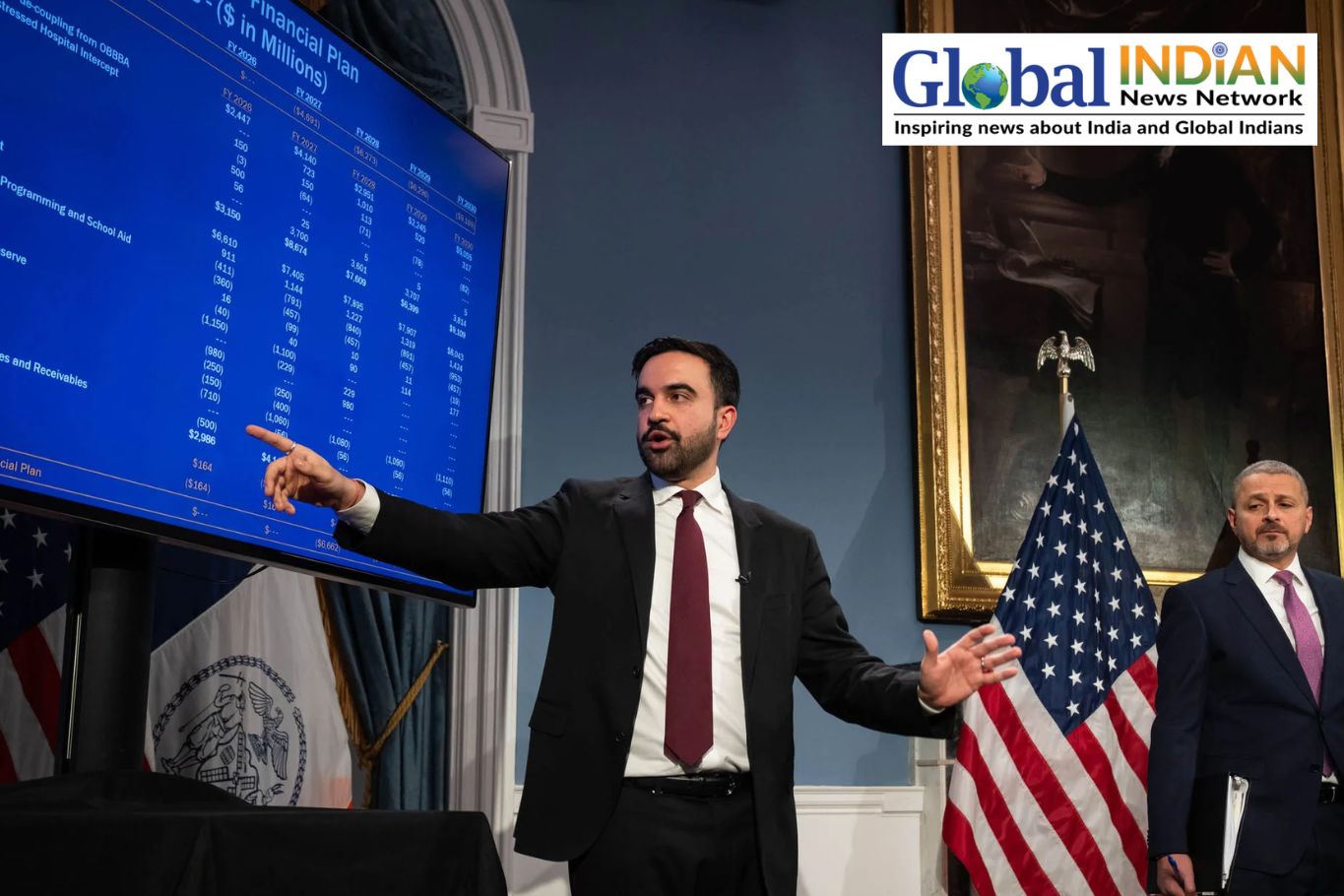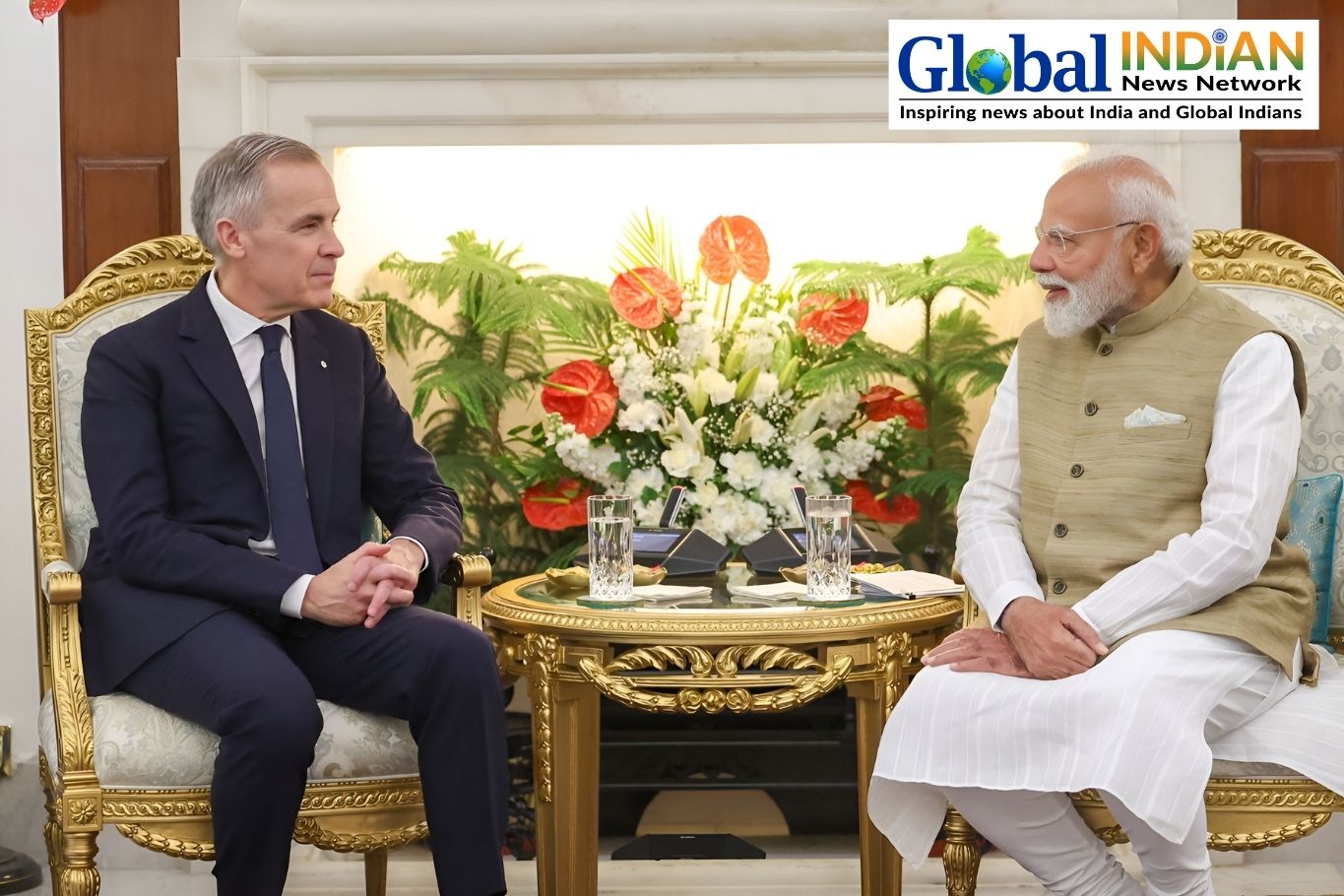
An Indian-American student and activist has raised concerns over the content of a Hinduism course offered by the University of Houston, alleging that it promotes “Hinduphobia” and misrepresents India’s political landscape.
According to a report by an Indian television channel, the university has acknowledged the concerns raised by the student, Vasant Bhatt, and is currently reviewing them.
The course in question, titled Lived Hindu Religion, is an online offering that features weekly video lectures delivered by Professor Aaron Michael Ullrey. Bhatt, who is pursuing a degree in political science at the university, has filed a formal complaint with the Dean of the College of Liberal Arts and Social Sciences, under which the course is administered.
Bhatt has specifically taken issue with certain statements reportedly made by Professor Ullrey. According to Bhatt, the professor claimed that Hinduism is not an “ancient, lived tradition” but rather a “political tool” that has been weaponized by “Hindu nationalists” and functions as a system of oppression against minorities.
Additionally, Bhatt highlighted a particular excerpt from the course syllabus, which asserts that the term ‘Hindu’ is a recent construct and is not found in ancient scriptures. The syllabus also describes Hindutva—often translated as “Hindu-ness”—as a term used by Hindu nationalists who believe Hinduism should be India’s official religion and who allegedly use the ideology to denigrate other faiths, particularly Islam.
This controversy emerges against the backdrop of India’s strong rejection of the latest report published by the United States Commission on International Religious Freedom (USCIRF). The report, which assesses religious freedom across various countries, was dismissed by India as “biased and politically motivated.”
Responding to the USCIRF’s 2025 Annual Report, the spokesperson for India’s Ministry of External Affairs, Randhir Jaiswal, issued a statement on Wednesday, criticizing its findings.
“We have seen the recently released 2025 Annual Report of the US Commission on International Religious Freedom (USCIRF), which once again continues its pattern of issuing biased and politically motivated assessments. The USCIRF’s persistent attempts to misrepresent isolated incidents and cast aspersions on India’s vibrant multicultural society reflect a deliberate agenda rather than a genuine concern for religious freedom,” Jaiswal stated.
Amidst the growing debate over Hinduphobia in academic institutions, Hindu on Campus, a student-led platform advocating for diaspora Hindus, also weighed in on the matter. The organization stated that while political disagreements are acceptable, it is unacceptable to fabricate extremism based on Hindu identity. They further pointed out that Hinduphobia has been present in the United States for decades.
Following the complaint, Bhatt later informed the broadcaster that the response he received from the university’s dean was unsatisfactory.
“The department attempted to deflect from the core issue by questioning my process and discrediting my valid concern — rather than investigating the substance of the complaint,” Bhatt said, referring to the religious studies department’s handling of the matter.
The situation continues to unfold as the university reviews the complaint and the broader debate on the portrayal of Hinduism in academic institutions gains traction.











1 Comment
Thanks for sharing your knowledge on this topic. It’s much appreciated.